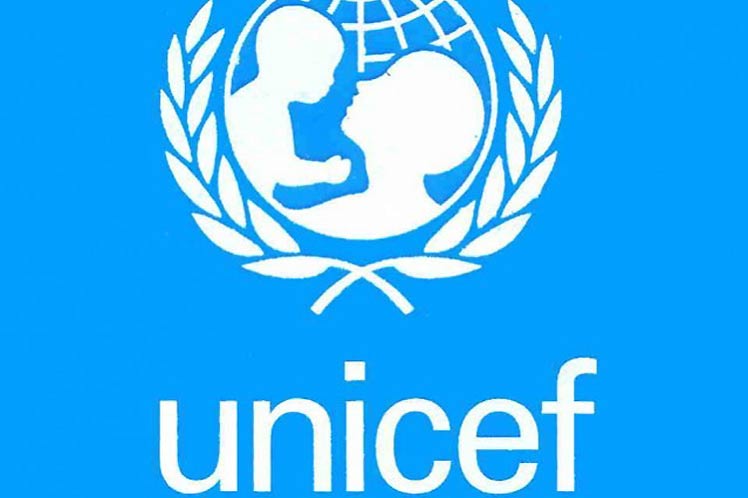The hostilities have had an extremely worrying impact on the population; up to 1.9 million people, 90 percent of the total, are internally displaced, the agency highlighted in a statement, and stressed that the intake of dietary diversity by children and pregnant women is minimal.
UNICEF stated that more than two million Gazans face high levels of acute food insecurity.
During the first months of 2024, the indicators showed modest improvements, but the Israeli ground offensive against the south of the Strip last May reversed the positive trend, UNICEF criticized.
The institution regretted that in northern Gaza the situation remains extremely fragile due to the level of destruction and continued hostilities, making food distribution difficult. “A high risk of famine persists throughout the Strip as long as the conflict continues,” it said.
UNICEF noted that more than 550,000 women suffer from severe food insecurity.
The agency pointed out that 475 Israeli attacks against health centers in the Strip have been recorded since the outbreak of the new cycle of violence on October 7th, 2023. The conflict also caused a severe crisis in water and sanitation services, affecting more than 2.2 million people, it said.
Additionally, overcrowded emergency shelters, which house more than 755,000 people, face significant sanitation challenges, posing a high public health risk.
jrr/llp/jf/rob










